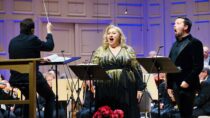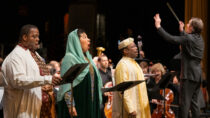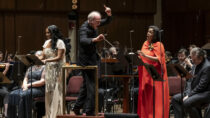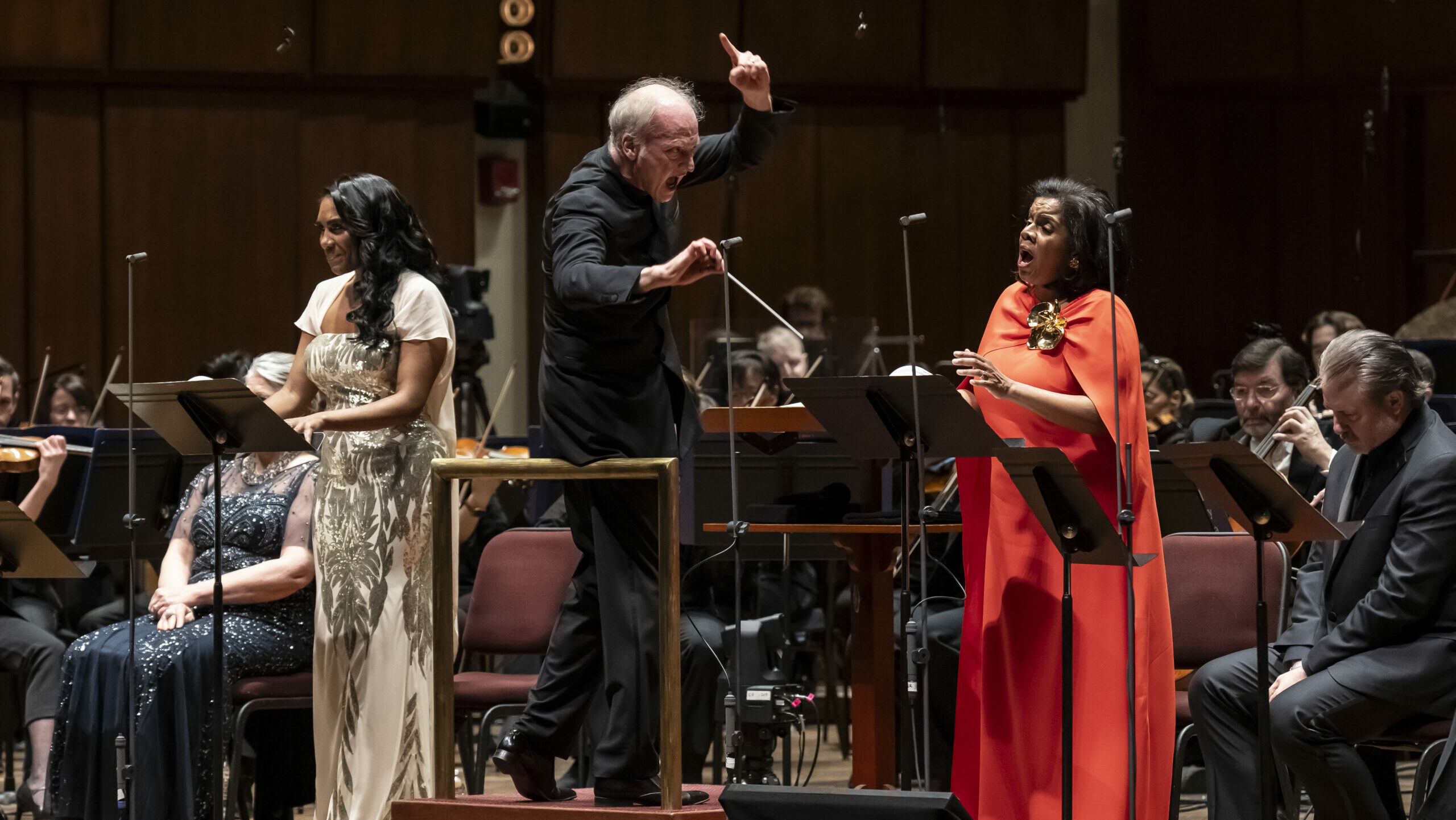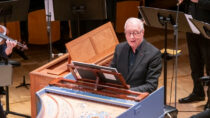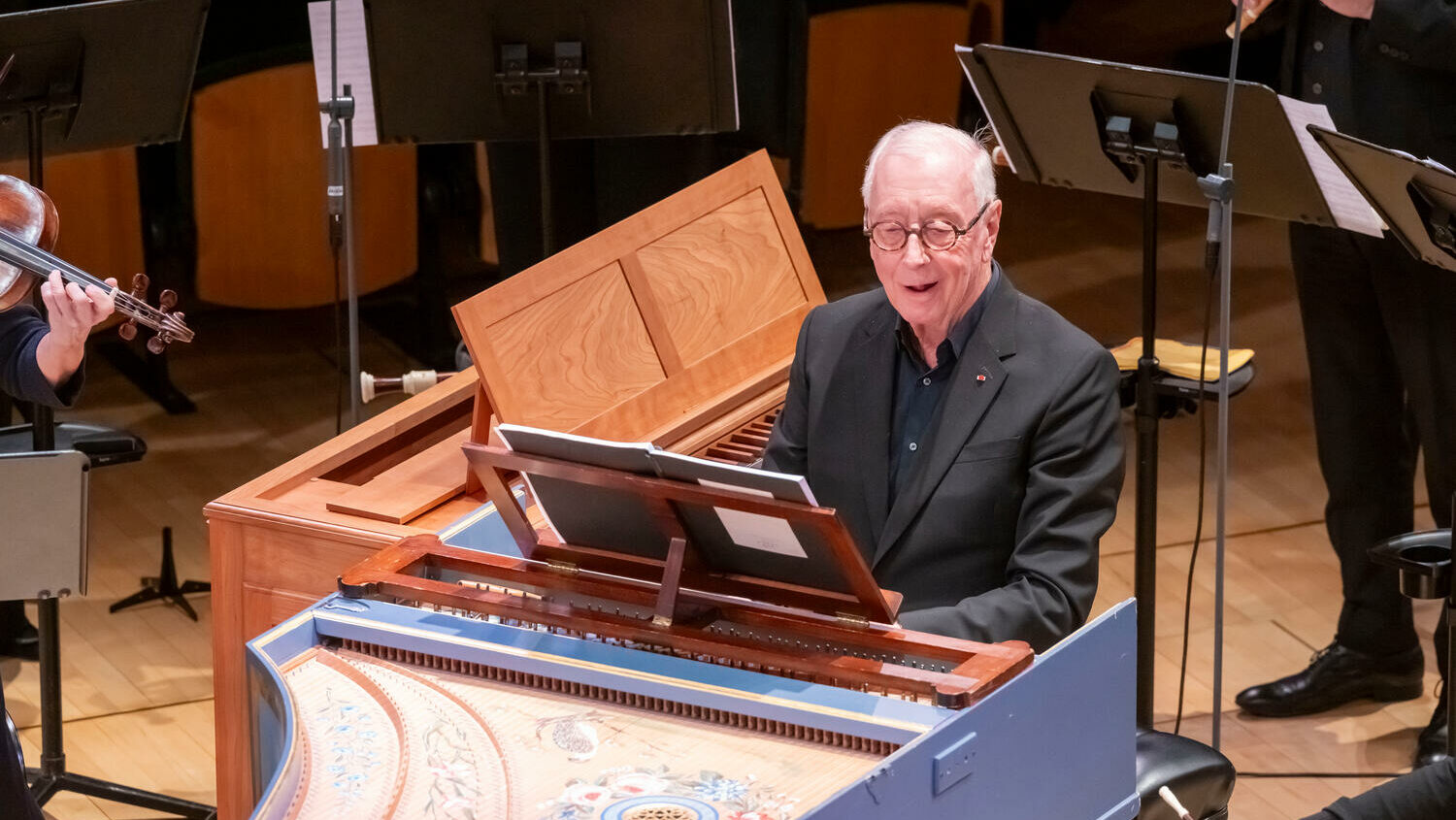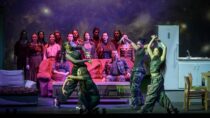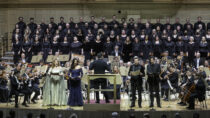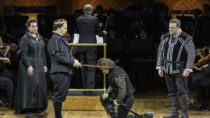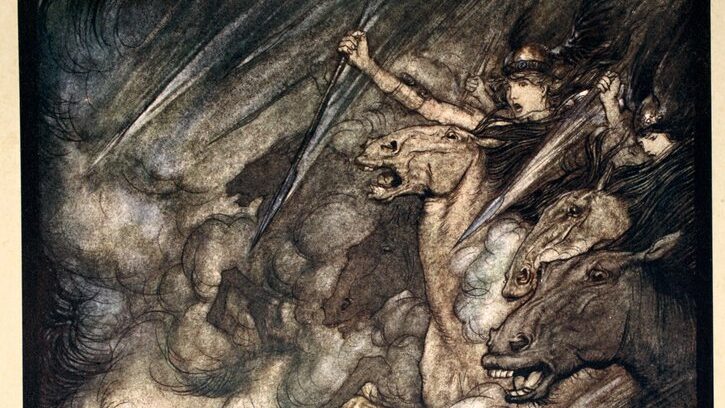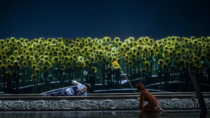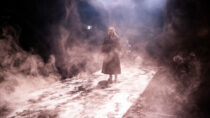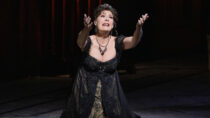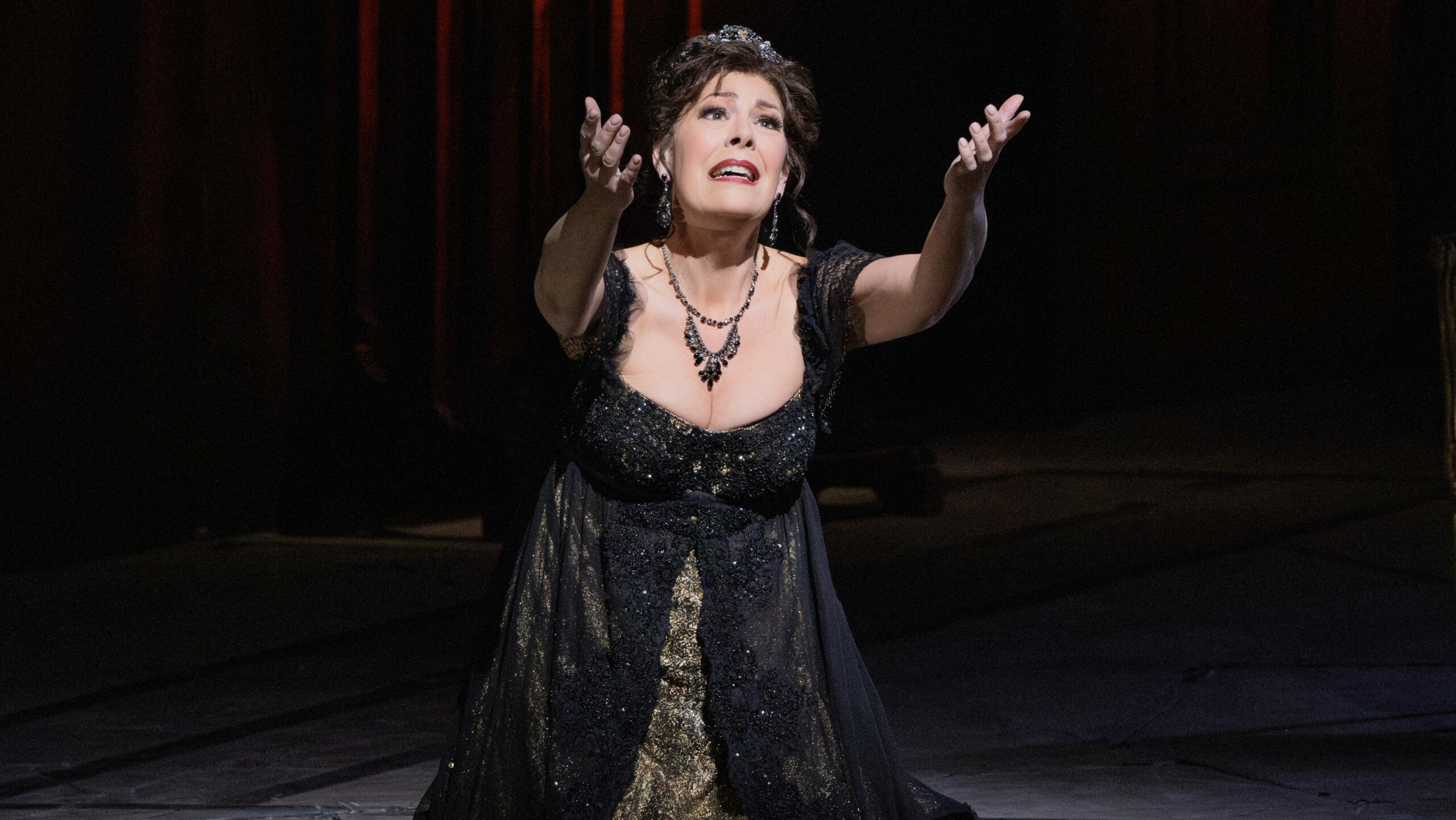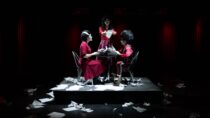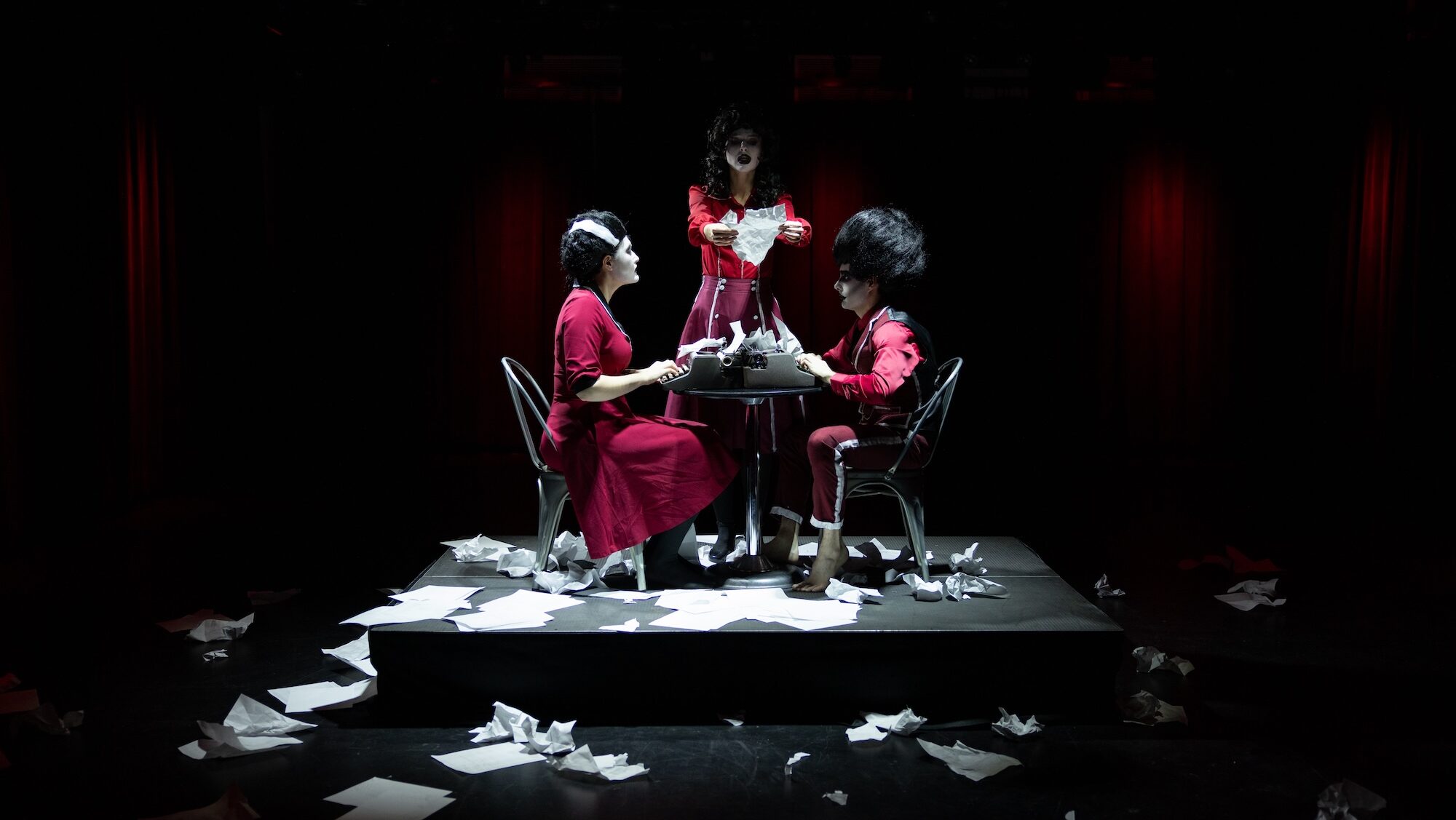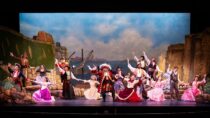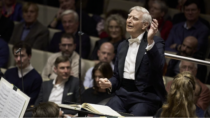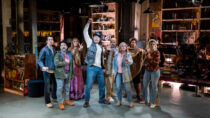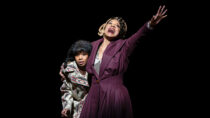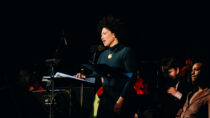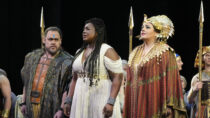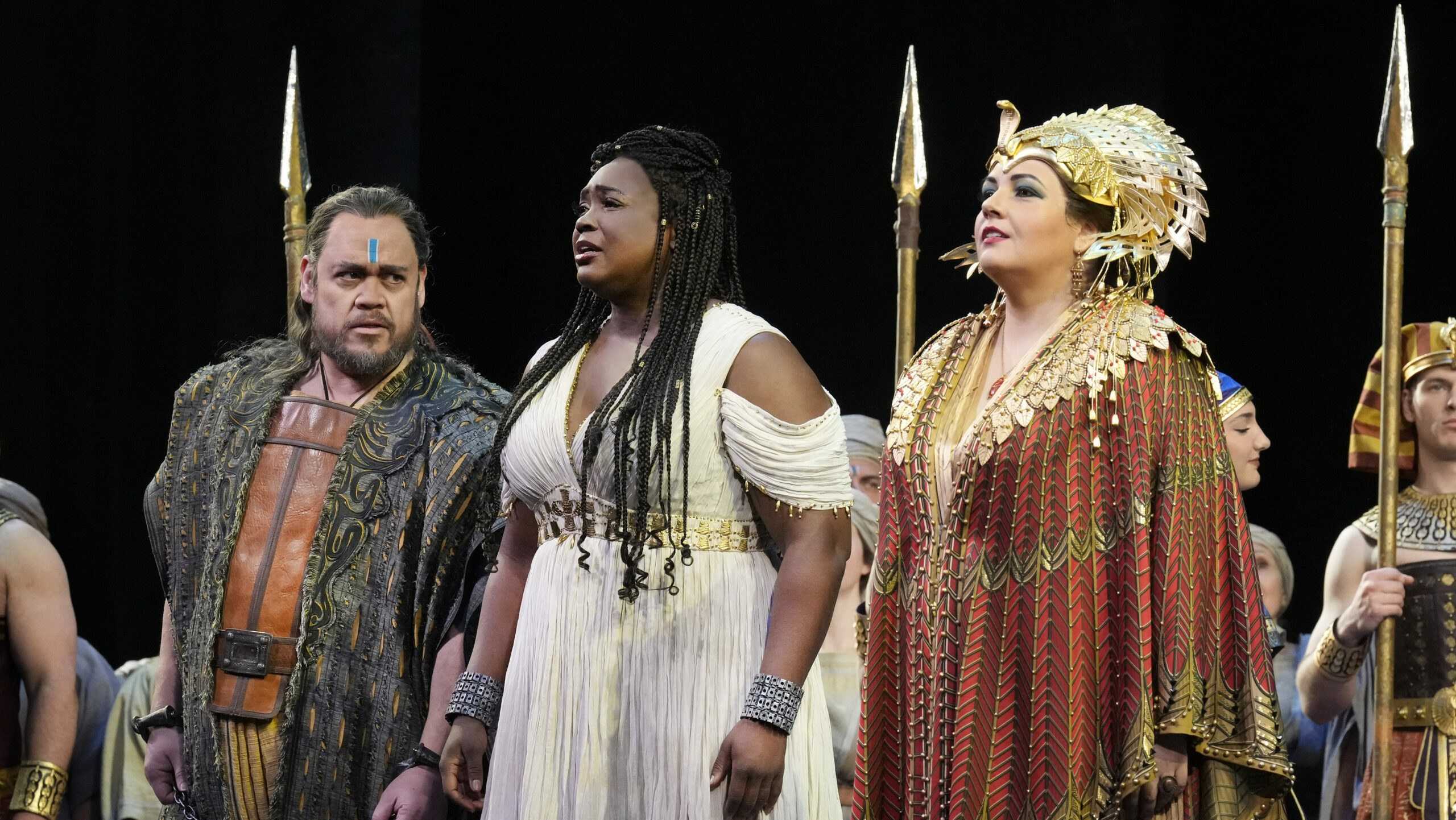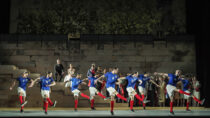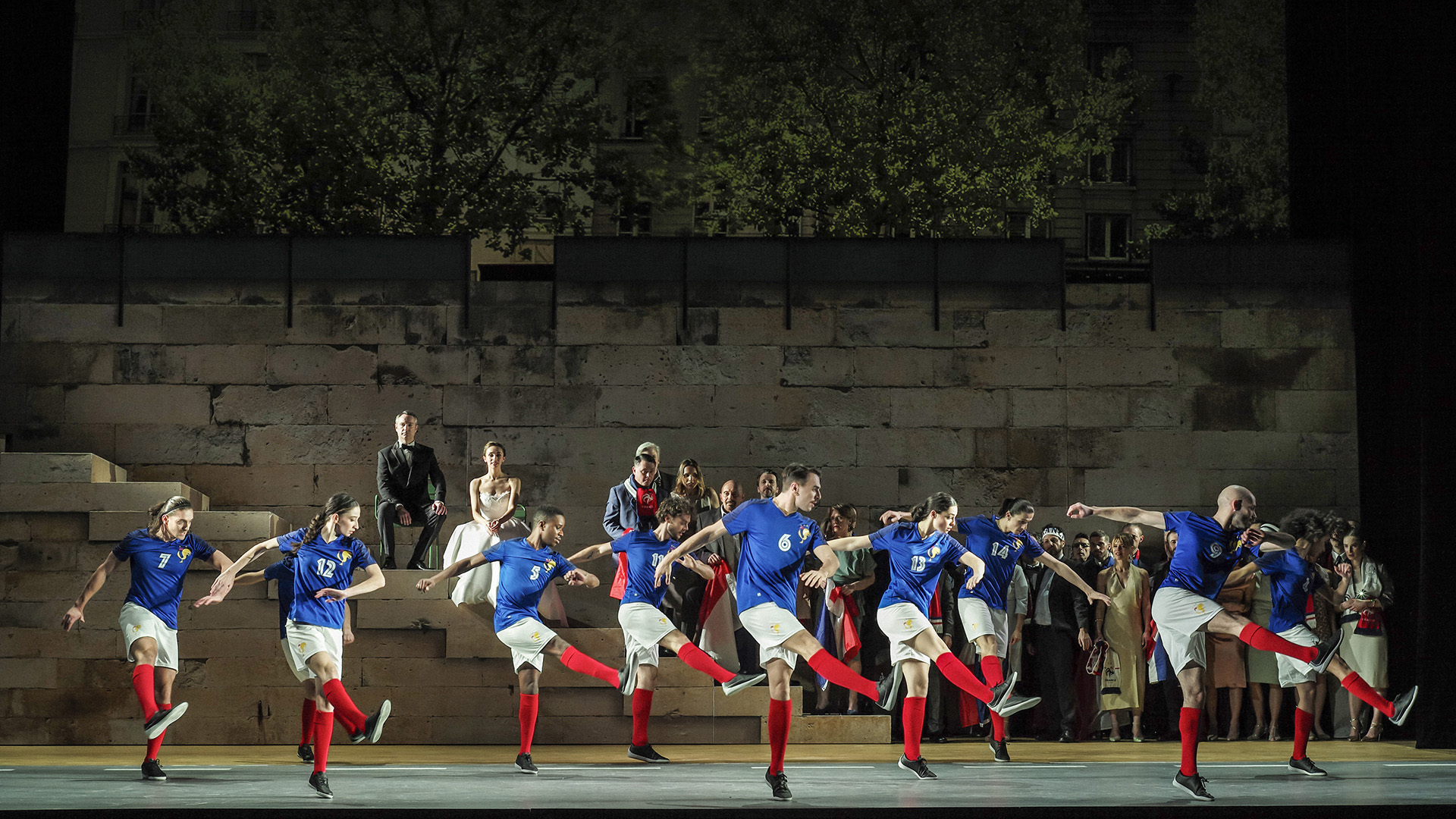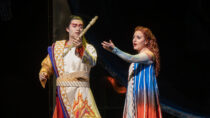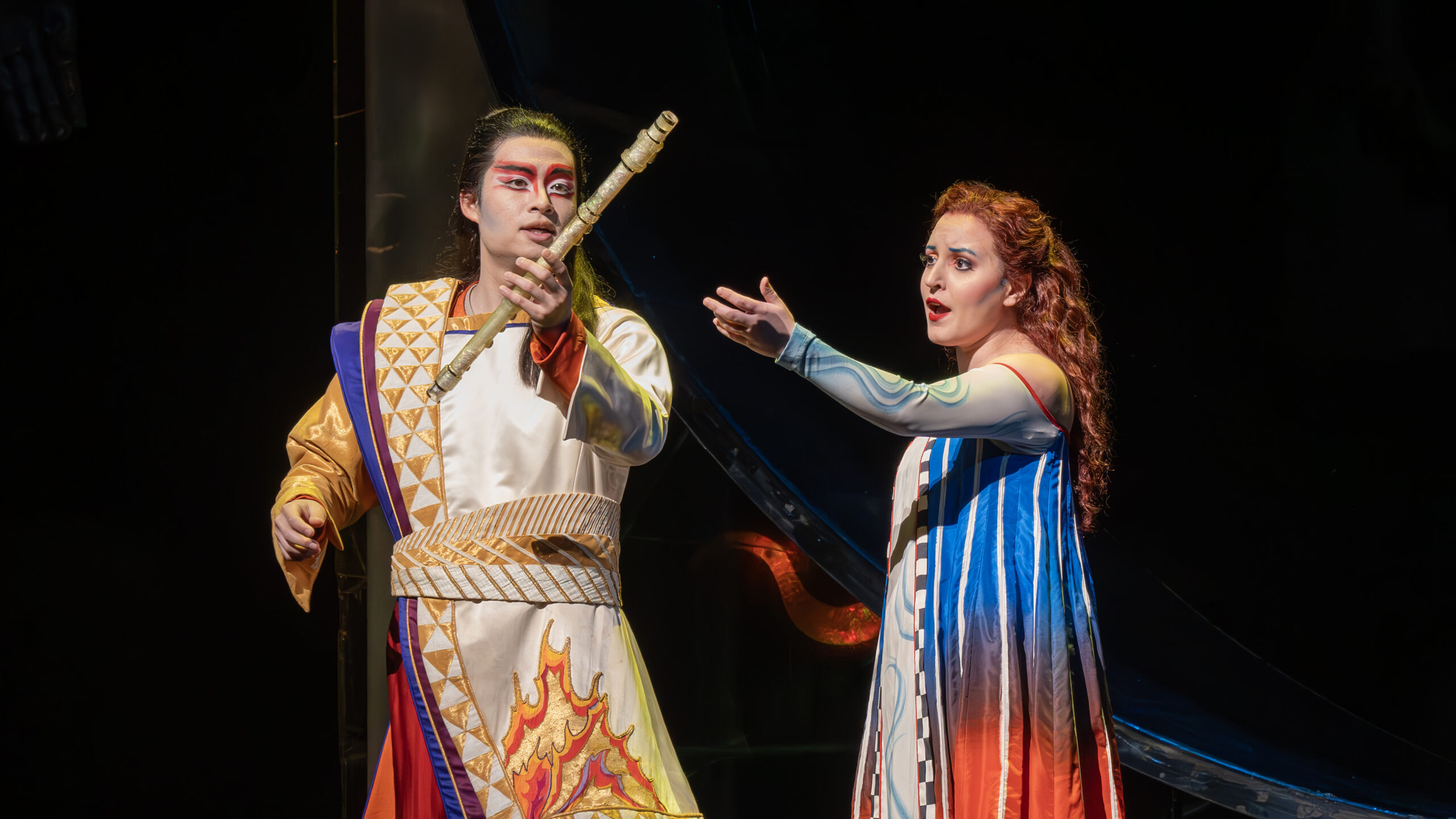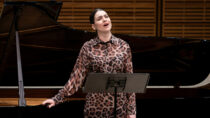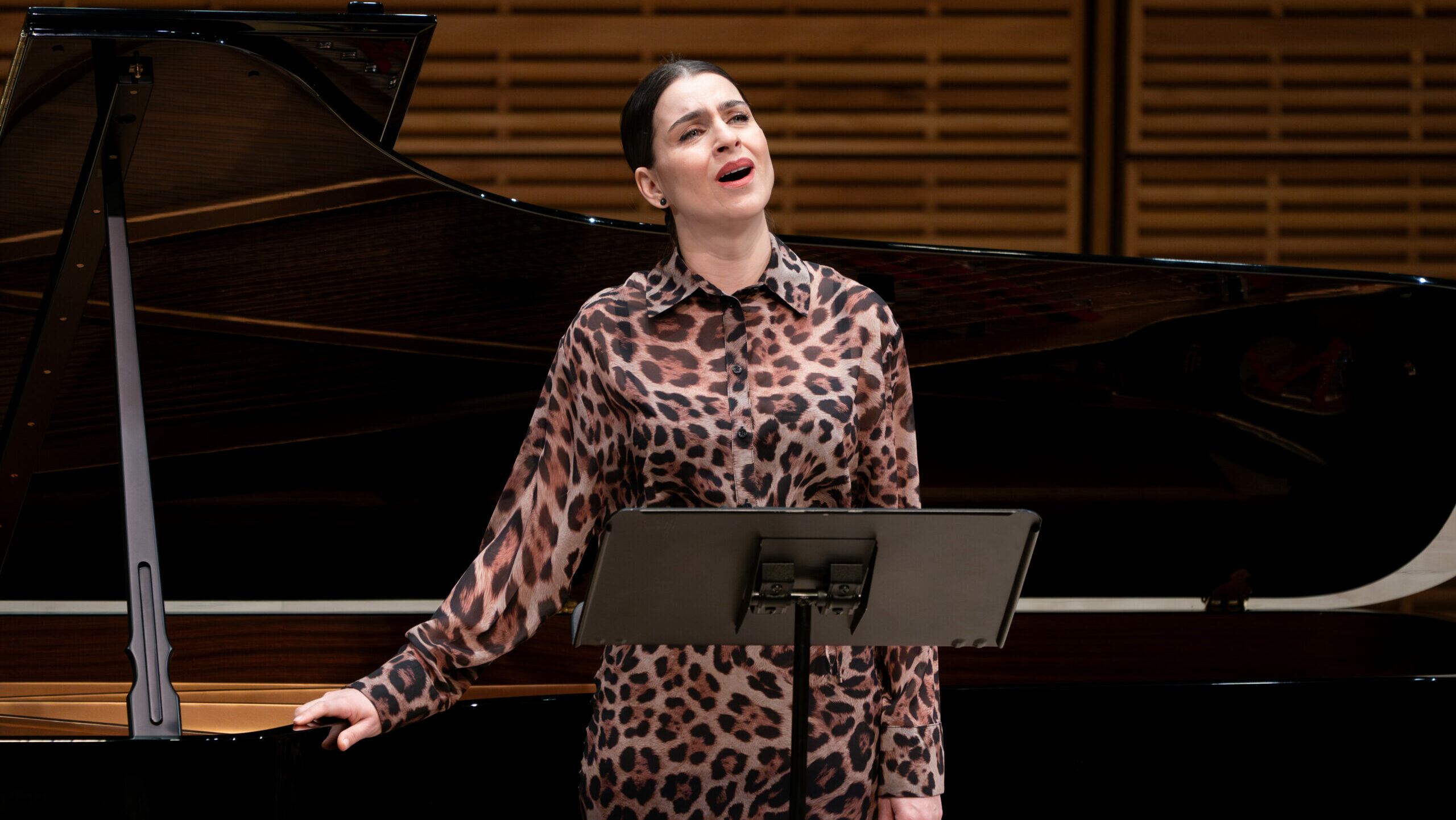
Annapolis Opera presented a celebration of Leonard Bernstein’s reflections on love, relationships, and marriage, pairing a fully staged production of Trouble in Tahiti with a collection of songs from other Bernstein compositions.
Only disordered and volcanic intellects need apply for this beautifully deranged production of Salome from Heartbeat Opera
Not even howling winds and thunderous rain could dampen the excitement of Bay Area audiences to experience Norwegian soprano Lise Davidsen for the first time in the Bay Area at Zellerbach Hall Berkeley last Tuesday, 4 February.
We are a nostalgic sort, we opera lovers. Fortunately, Korngold’s Die tote Stadt, which arrived in concert form to Boston’s Symphony Hall last weekend, is all about nostalgia.
After a flurry of coverage over the past weeks, Opera Lafayette, in partnership with New Orleans’s OperaCréole, finally premiered Edmond Dédé’s Morgiane, ou Le Sultan d’Ispahan in DC last night.
I’ve been waiting (nearly) 20 years for another encounter with Samuel Barber and Gian Carlo Menotti’s Vanessa.
When the birthdays start to pile up in the double digits in big round numbers, you start to examine your past and review what you have done with your life.
Nigel Wilkinson reports on Teodor Curentzis and Peter Sellars‘s new production of Rameau‘s Castor et Pollux in Paris.
Are Beethoven’s symphonies overplayed? Yes, but for a reason. While this justification may sound cliché, Beethoven’s humanist universalism is a sentiment that feels urgent in an era of widespread polarization and pessimism.
Despite the practically unmitigated fiasco of the last Verdi concert opera performance seen in Boston, I approached Sunday’s Boston Youth Symphony Orchestras performance of Don Carlo at Harvard’s Sanders Theatre with much more optimism.
John Yohalem reports from the New York Dramatic Voices performance of Act III of Die Walküre
Though I’ve sometimes complained that the Paris Opera, while supposedly short of cash, changes its productions nearly as often as the rest of us change our socks, André Engel’s Cunning Little Vixen first appeared there 17 years ago. At the time it was billed as ‘new’, though it actually dates back further still, to 2000 at the Lyon Opera. I saw it when it arrived at the Bastille and wrote it up at the time.
Christopher Cerrone and Stephanie Fleischmann‘s opera at the Prototype Festival re-sets Rashomon in the Pacific Northwest and binds its characters into a hellish cycle of violence with a dark, hypnotic score
In 2011, Sondra Radvanovsky‘s Tosca proved promising; fourteen years later, it was absolutely magnificent, a completely satisfying musical and dramatic embodiment of a challenging role by an artist at the peak of her powers.






